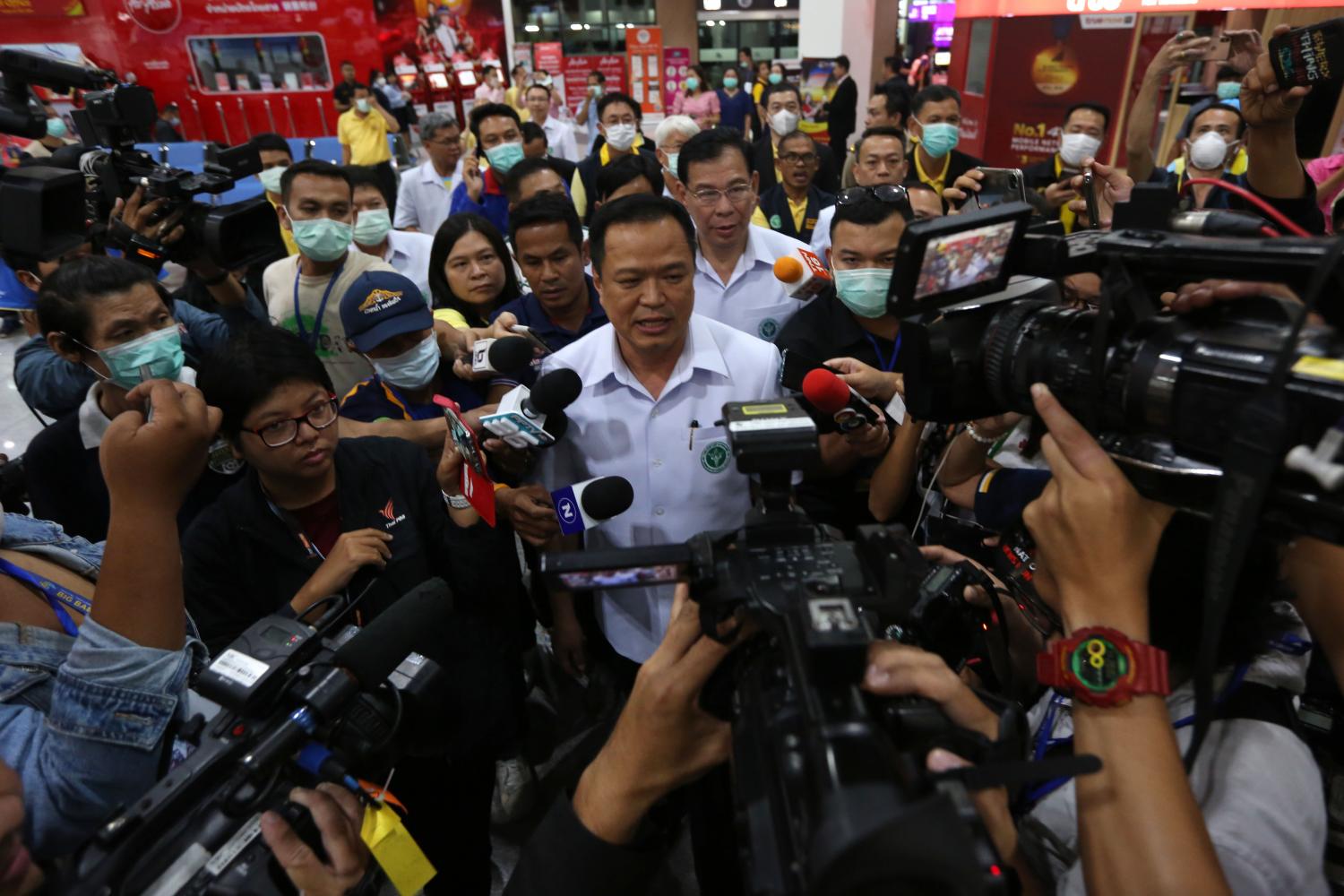
People, who now have the power to speak out for themselves, thanks to the multiple digital and social platforms, are losing interest in traditional journalism as we know it. People, across Asia and around the world, also have more choice in what news and information they'd like to receive, who they trust for the information, and how and when they'd like to receive it.
Reuters' digital survey found that trust in news reported has fallen to 42%. When Oxfam asked 12,000 Asians, less than half said they trusted traditional news, and a staggering 84% told us they've seen "fake news", poor quality, sensationalism and biased reporting. While those engaged on social issues and more educated choose wisely, people are increasingly moving to more personalised, personally connected social networks and messaging apps.
Yes, the global tech and economic drivers that have led to the present-day crisis may largely be out of the control of the journalists. Having said that, there's no denying that they've categorically failed, and disturbingly so because this failure indicates their ineptitude at basic attitudes and skills that are required from the profession of journalism.
Curiosity, defined as inquisitiveness and interest in the world around them, is a core element in the makeup of a good journalist. While the world around them has been changing quite visibly, journos and their institutions have failed to stay in touch with reality, and they've failed to respond to what's going on.
Just as the digital platforms have provided others -- businesses, people, communities and governments -- opportunities to innovate, grow and prosper, the same opportunities have been available to journalism. Yet, they are missing the bus in capitalising on tech to build more authentic connections to their audiences, tell stories based on richer data and engage people through depth, empathy and the multi-dimensions available.
In reaping the benefits of digital, journos are playing catch-up to social networks and marketers, in a race akin to an ailing grandfather trying to outrun the world champ athlete.
How is this linked to curiosity? While many journalists may have remained curious about issues that interested them, they've by and large failed to remain curious about the world around them. Perhaps that tunnel vision which made them experts at reporting on a singular issue had blinded them to the bigger picture and the looming change.
Perhaps what's worse is that in many media houses, the focus is on merely staying atop ratings or short-term success through "breaking stories". While Reuters found two-thirds of people found breaking news useful, over half said that media failed to adequately explain or hold to account those powerful and rich.
Breaking news, when it matters to people's wellbeing, often only covers the tip of the iceberg of an issue, failing to delve in deeper to expose problems that matter to people. Classic examples include the climate crisis, health emergencies and natural disasters. While all media cover the latest earthquake, flood, famine or virus outbreak, hardly any stick around long enough to cover the survivors over the long-term.
Across Asia, 16 million people fled from their homes for survival last year, and more people are hit increasingly harder by crises and disasters every year. How many investigative expositions have covered the trends and stories behind them?
Sensationalist news where media sells, glorifies or thrashes idols of power and fame makes for the other half of breaking news. While there is prominent coverage of politicians, celebrities and others with power and fame every day, how many stories do we see that matter to us, the majority, and our communities? Beyond disaster, how likely is it that media prioritises a story that's relevant to us, the people?
Let's look at the gross inequality within our region. The Asia Pacific has 831 billionaires with more wealth than 1.8 billion of us. Over 1.2 billion people live in or near poverty while Asian governments invest little in schooling for our children, healthcare for when we get sick and safety for those who need it; things that we know could lift people out of poverty and improve lives of billions. When was the last media discussion on this that you recall?
This is not only a failure of curiosity but also of integrity and boldness; the ability of the reporters to hold truth to power. Instead of boldness, the industry has backtracked into survival by aligning with the rich, powerful, and the visible. The fallouts have not only caused self-harm to the industry but have led to corrosion of functional democracies that work for people. In effect, it has created a vicious cycle where people's and media's freedoms and destinies are held at the hands of a few.
While things are gloomy, the journalists have -- or should have -- what it takes to break the vicious cycle. They must first go back and re-embrace the curiosity, integrity and boldness that are traits of the true journalist.
They must prioritise the needs of their readers -- people of their villages and cities, nations, regions, and Asia. Over 90% of Asians want all citizens to be treated equally with a decent wage they can live on, good schools, healthcare and public services, and freedom of expression. Nearly three-quarters of people want to put environment before profits and those who are corrupt and powerful to be held to account. Finally, they must adopt and command the new opportunities afforded by technology to build more empathetic and meaningful connections with us, the people.
James Gomez, PhD, is Regional Director, Asia Centre and Nipuna Kumbalathara is Media and Communications Lead for Asia at Oxfam International. Asia Centre and Oxfam in Asia are co-convenors of the Journalism for an Equitable Asia Award.